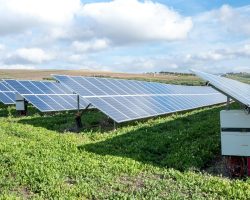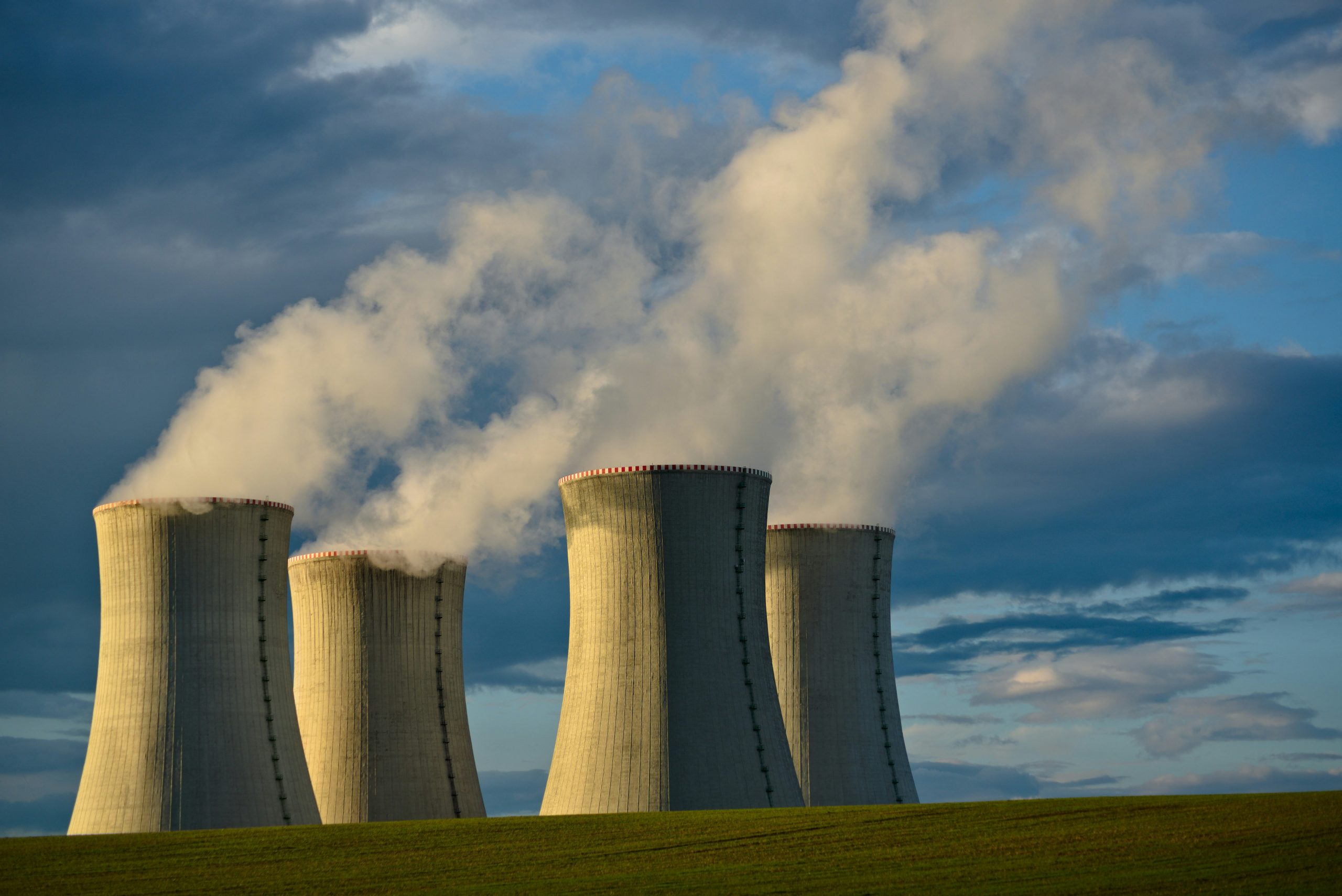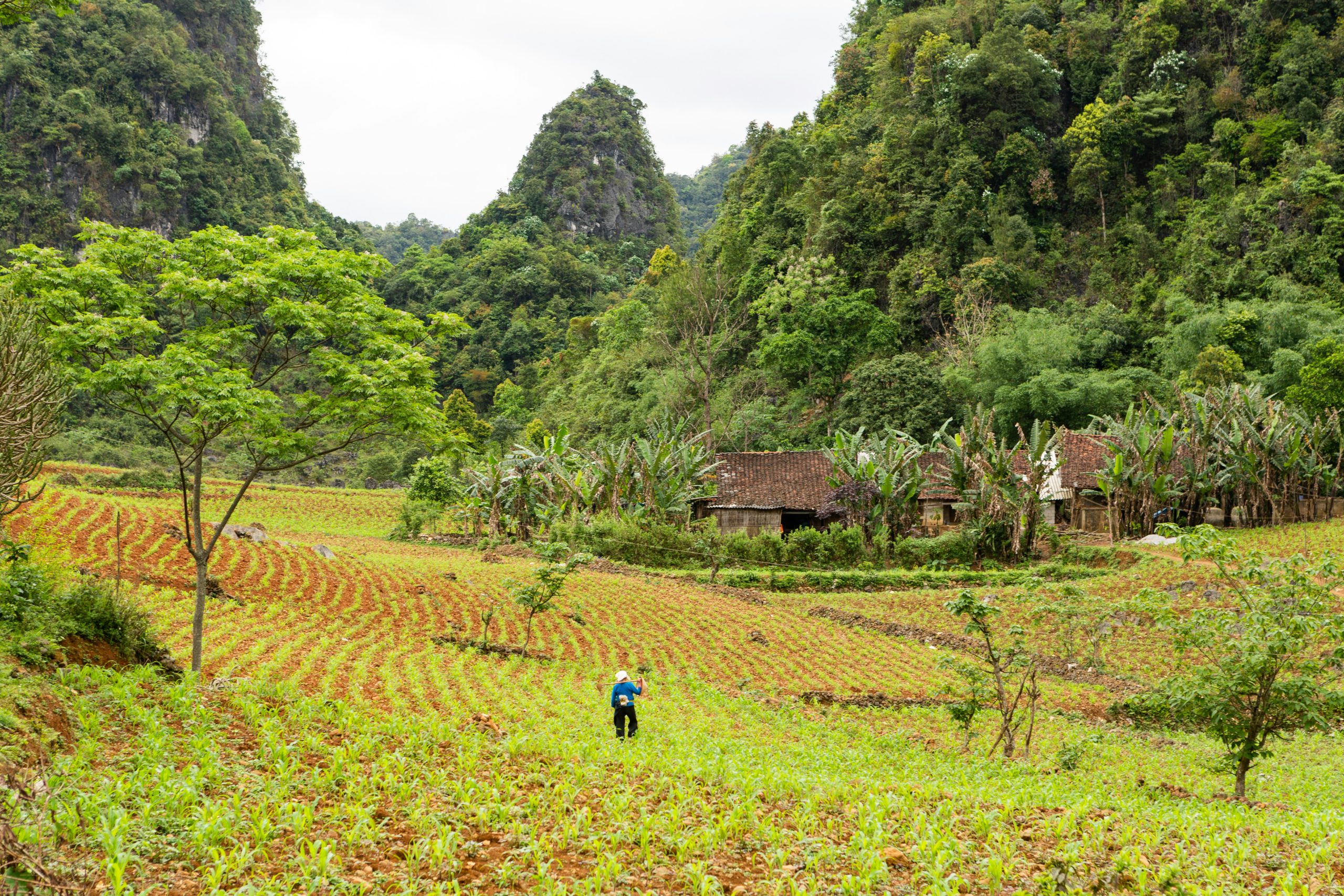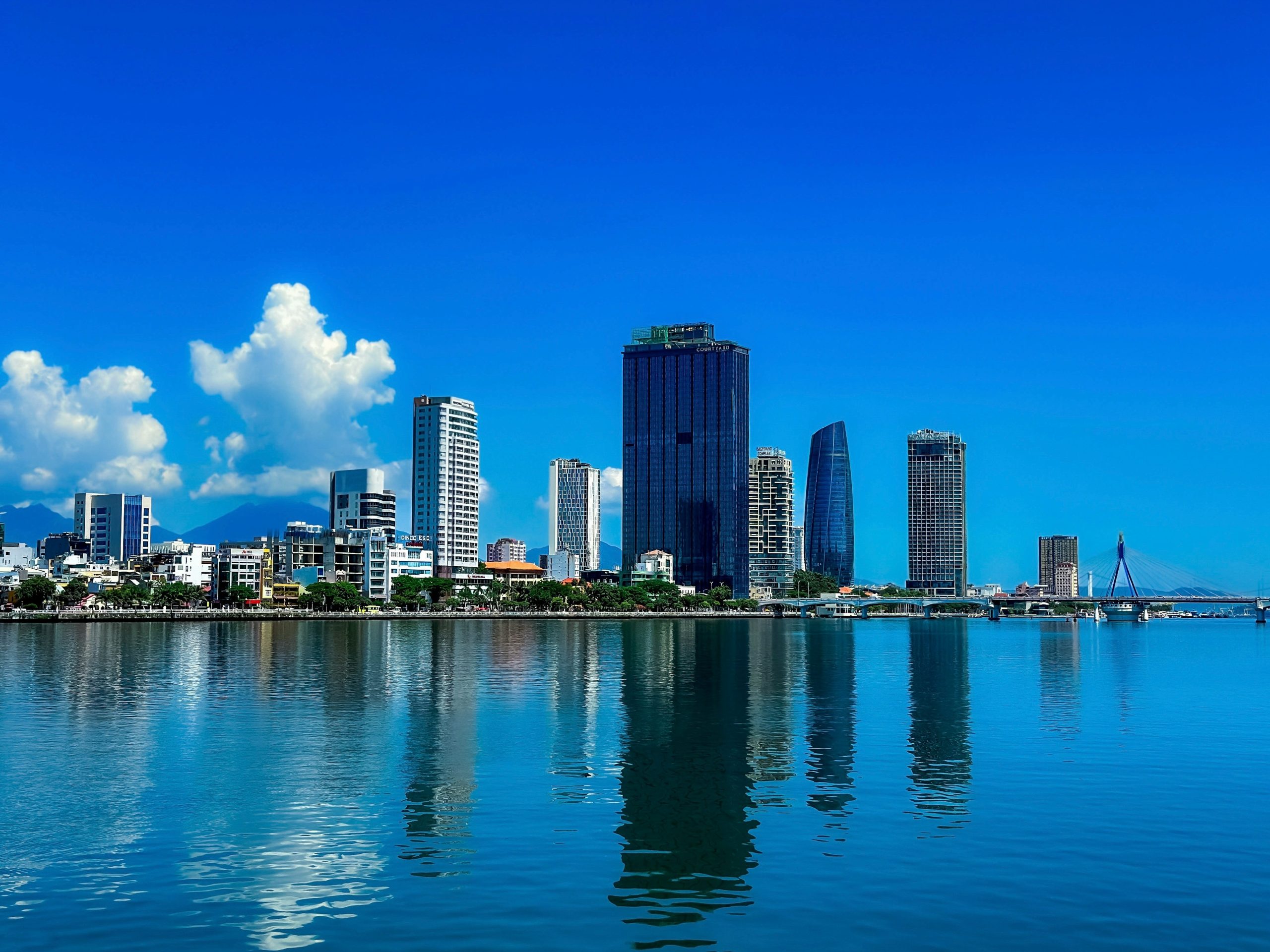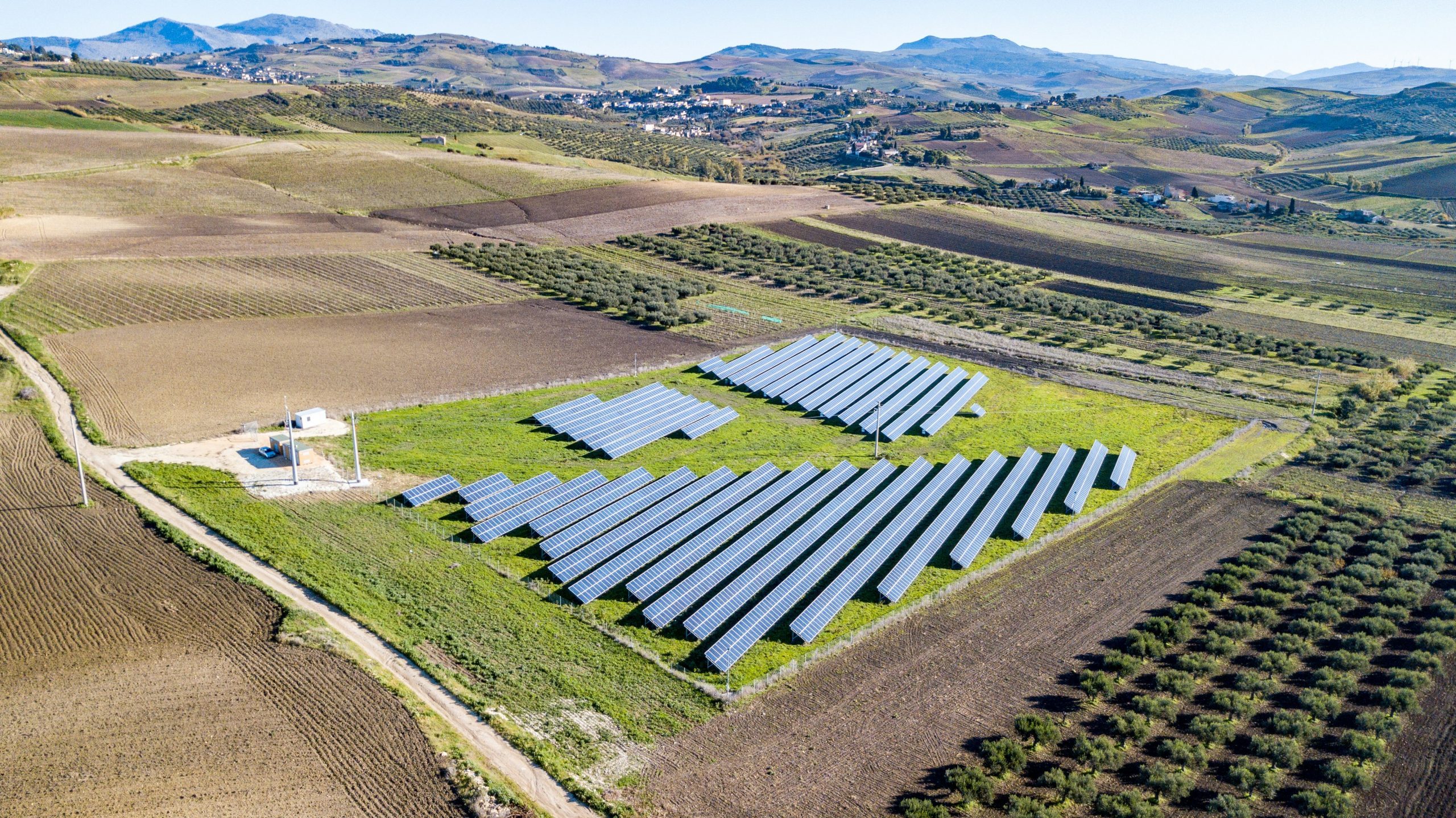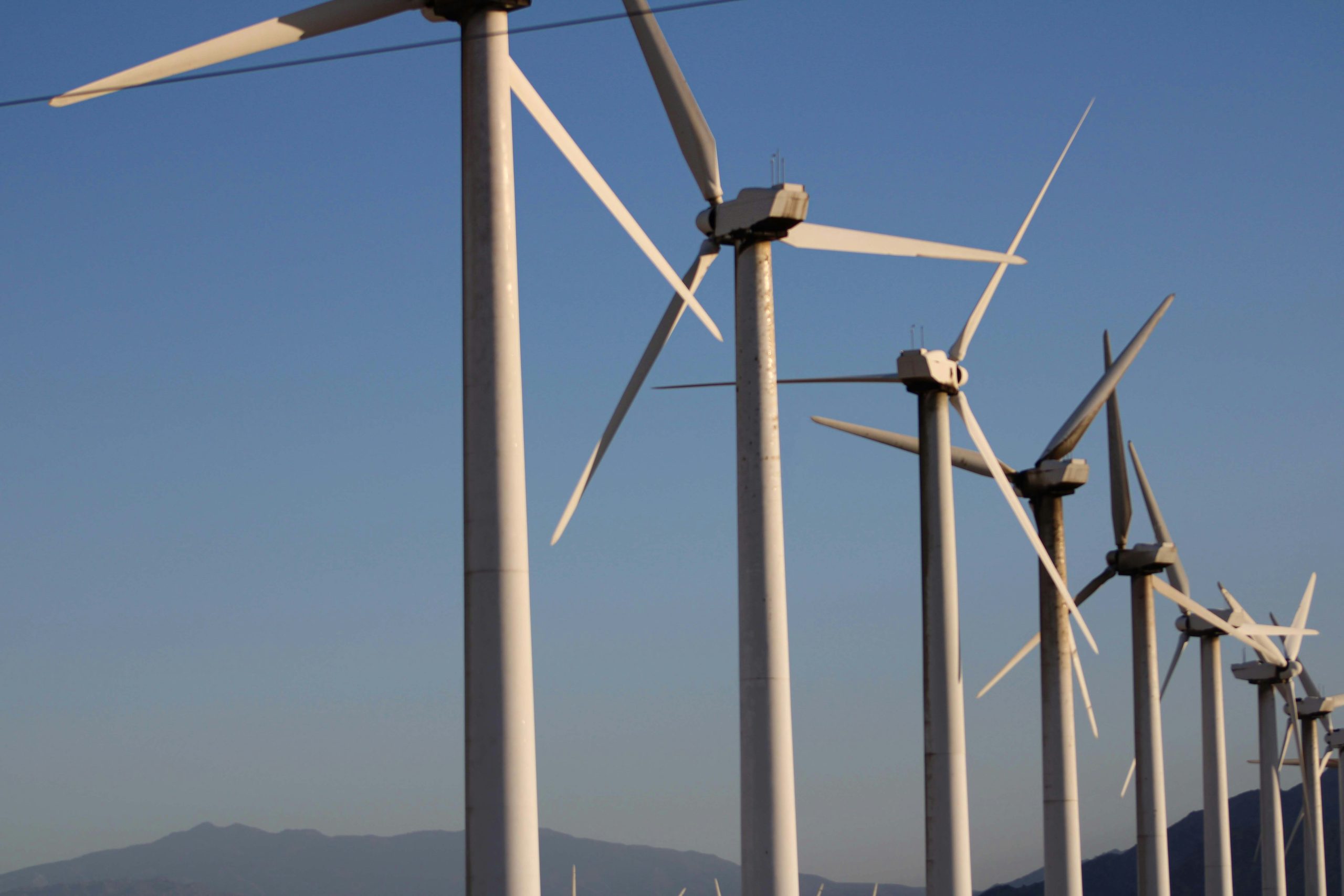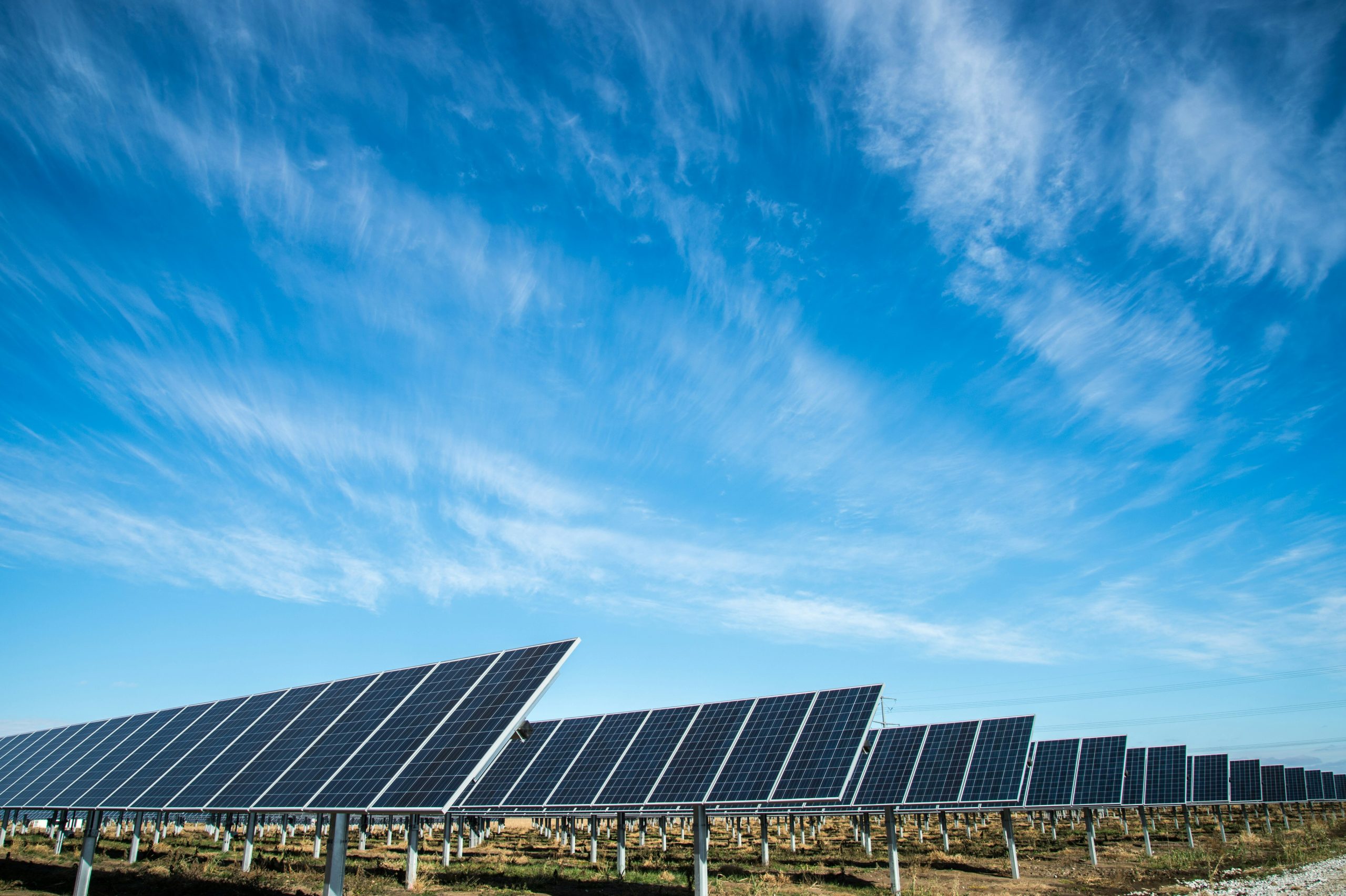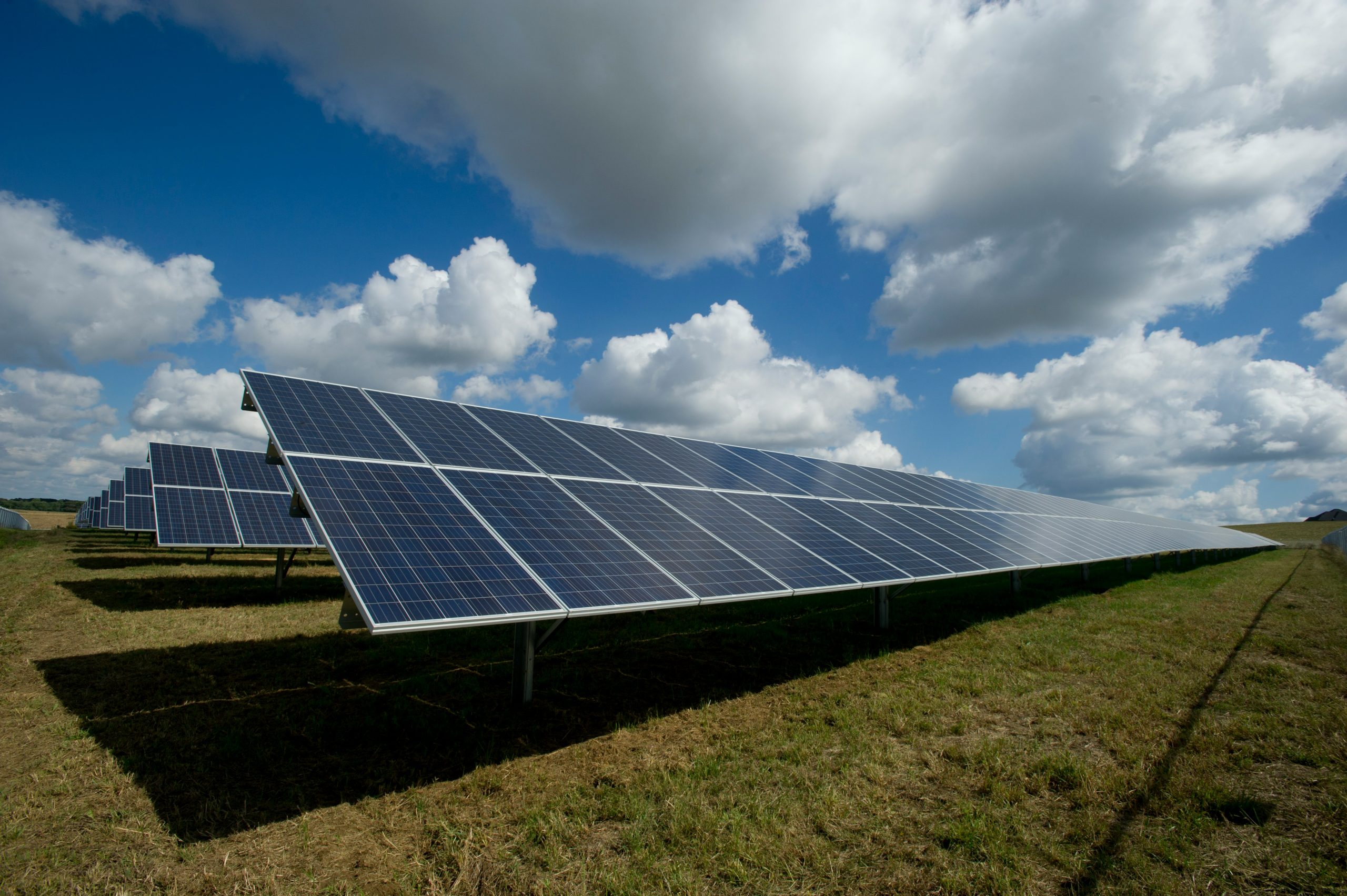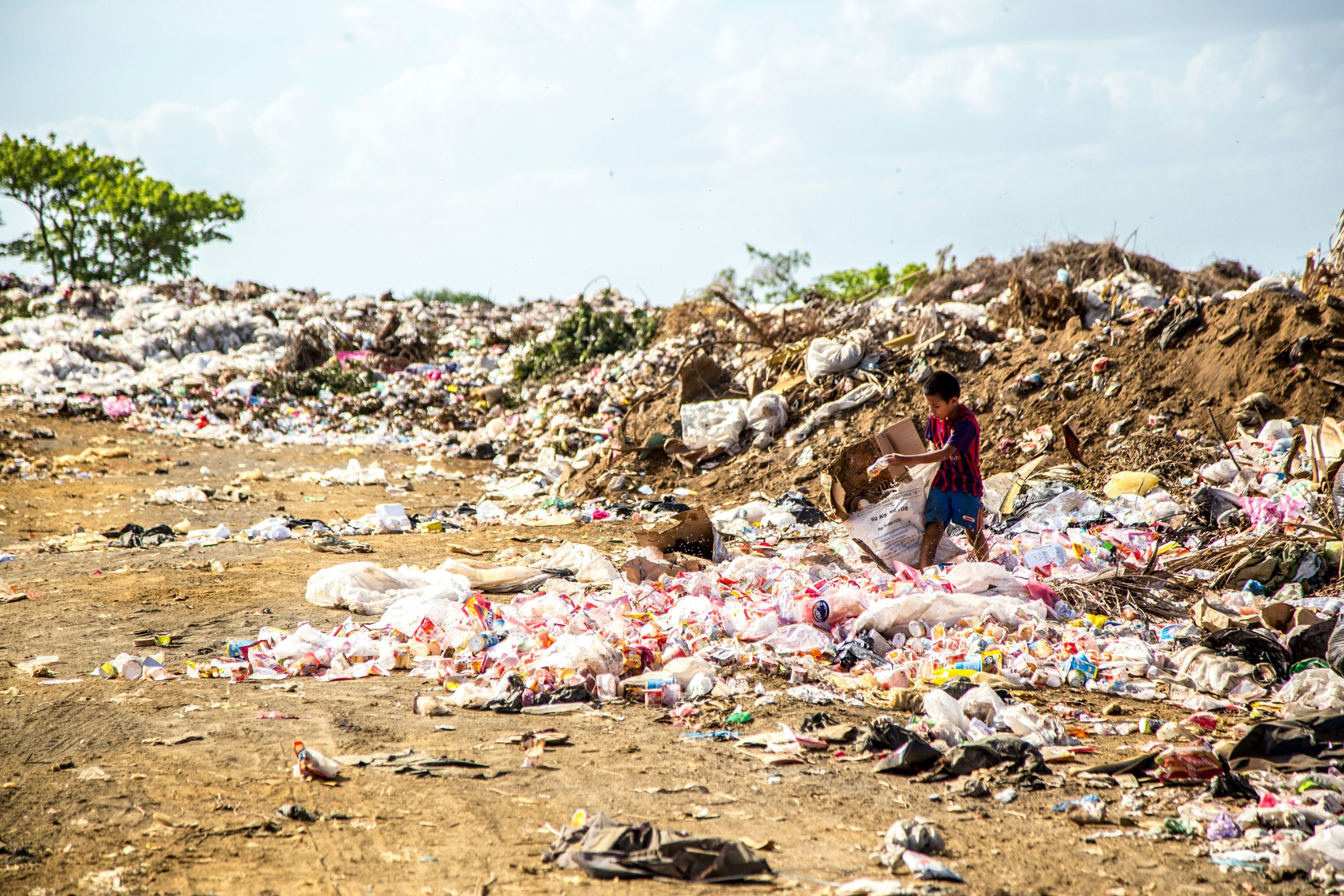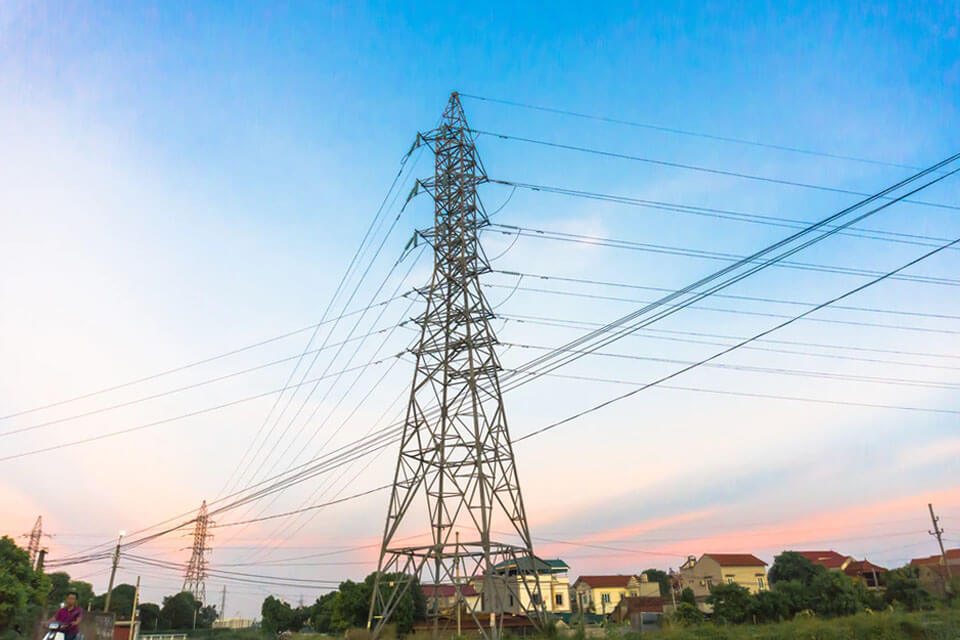In January 2025, the Vietnamese government approved a project to develop a carbon market under the Decision No. 232/QĐ-TTg, marking a significant step in the country’s efforts to regulate and reduce greenhouse gas emissions. By enabling the trading of carbon credits, this system incentivizes emission reductions and fosters investment in green technologies, aligning Vietnam with global climate commitments.
Overview of the Carbon Market in Vietnam
Vietnam, recognizing the dual advantages of environmental sustainability and economic growth, has been proactive in developing its carbon market. The country’s commitment to achieving net-zero emissions by 2050 highlights the urgency of establishing a well-structured carbon trading system. By integrating carbon markets into its economic framework, Vietnam aims to align with global climate agreements, such as the Paris Agreement, while enhancing its competitiveness on the international stage.
Carbon markets operate by setting a cap on emissions that businesses must adhere to. Companies exceeding their allocated emissions must purchase additional allowances from those that have successfully cut their emissions. This creates a financial incentive for businesses to innovate and adopt cleaner technologies. Several countries, including the European Union, China, and South Korea, have successfully implemented carbon markets, offering valuable insights for Vietnam as it develops its own system.
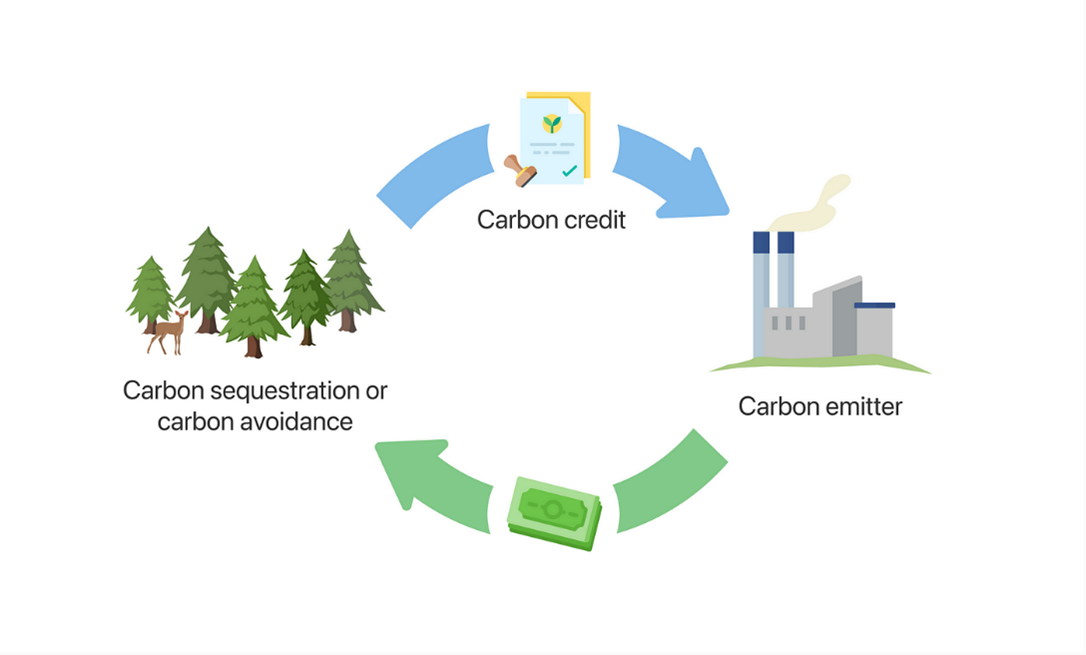
Source: GP Solar
Vietnam’s voluntary carbon credit market is already active, primarily through forestry initiatives. Afforestation and reforestation projects have generated carbon credit that can be sold to international buyers or used to offset domestic emissions. These forestry-based credits have played a vital role in funding conservation efforts, preserving biodiversity, and supporting local communities. With approximately 14.7 million hectares of forest covering 42% of the country’s land area, Vietnam has the capacity to absorb an estimated 69.8 million tons of CO₂ annually.[1]
Here are some notable carbon credit projects that Vietnam has been implementing in recent years:
| Project Name | Description | 위치 | Sector | Link |
| REDD+ Initiative | Received $51.5 million for verified emissions reductions through efforts in reducing deforestation and forest degradation | Nationwide | Forestry | worldbank.org |
| Low-Emission Rice Program | Farmers in the Mekong Delta to receive nearly $40 million in carbon credit payments through a low-emission rice initiative | Mekong Delta | 농업 | carbonherald.com
|
| Joint Crediting Mechanism (JCM) Projects | Nine projects approved between 2013 and 2020, including solar installations in Ho Chi Minh City and energy-efficient equipment in factories | Nationwide | Renewable Energy, Energy Efficiency | reccessary.com
|
| ASEAN Carbon Credit Trading Platform | Establishment of the first carbon credit trading platform in Vietnam by CT Group | Nationwide | Market Infrastructure | vietnamnews.vn |
| Thanh Hoa Sugarcane Carbon Project | Idemitsu Kosan, Lam Son Sugar Cane, and Sagri signed an agreement in mid-December 2024 to launch Vietnam’s first carbon credit project from sugarcane fields | Thanh Hoa Province | 농업 | vir.com.vn |
Vietnam officially approves project to build and develop a Carbon market
On January 24, 2025, Deputy Prime Minister Trần Hồng Hà signed Decision No. 232/QĐ-TTg, approving the “Project on Establishing and Developing the Carbon Market in Vietnam.” This landmark decision outlines a comprehensive roadmap for the formation and operation of the domestic carbon market, ensuring that Vietnam follows a structured and well-planned approach to emissions trading.
| Category | Content |
| Objective | · Finalize the legal framework for trading emission quotas and carbon credits by June 2025.
· Pilot the carbon trading floor from 2025 to 2028. · Fully operate the national carbon market from 2029. · Ensure transparency, fairness, and effective enterprise participation. |
| Carbon market commodities | · Greenhouse gas (GHG) emission quotas (allocated freely or auctioned).
· Carbon credits from domestic programs and offset mechanisms. · International credits from Clean Development Mechanism (CDM) and Joint Crediting Mechanism (JCM). |
Source: Decision No. 232/QĐ-TTg
Assessment of the Decision and Its Impacts
The government’s decision to establish a carbon market is a strategic move that aligns with Vietnam’s sustainable development goals and international climate commitments. It also signals Vietnam’s readiness to integrate into the global carbon market, potentially opening doors for foreign investments and partnerships in green technology.
The carbon market provides economic incentives for businesses to adopt cleaner technologies and reduce emissions, which significantly contributes to national GHG reduction targets. By putting a price on carbon, companies will have direct financial motivation to lower their carbon footprint. Additionally, enterprises engaging in carbon trading can access new revenue streams, especially those investing in green projects that generate surplus carbon credits. This could encourage increased investment in renewable energy, afforestation initiatives, and energy-efficient technologies.
A well-structured carbon market enhances Vietnam’s position in international climate negotiations and markets, potentially attracting foreign investments focused on sustainability. Participation in carbon trading aligns with global financial trends, making Vietnamese businesses more competitive in the international market. Furthermore, the development of the carbon market fosters collaboration between the government, private sector, and international organizations. This multi-stakeholder approach ensures shared responsibility in addressing climate change and fosters stronger public-private partnerships.
Despite the many benefits, implementing a carbon market in Vietnam will not be without challenges. Several key issues need to be addressed for the system to be effective. Establishing the necessary infrastructure for monitoring, reporting, and verifying emissions is complex and requires significant investment. Reliable data collection and transparency will be crucial for market credibility. Additionally, both regulatory bodies and market participants need comprehensive training to effectively navigate and operate within the carbon market framework. Without adequate knowledge and experience, companies may struggle to comply with regulations or maximize the benefits of carbon trading.
Ensuring a sufficient number of participants and tradable credits is crucial for a functional market. The initial phases may face challenges related to limited supply and demand, which could impact pricing stability and market confidence. Moreover, harmonizing the carbon market regulations with existing environmental and economic policies requires meticulous planning and inter-agency collaboration. There is a need for clear guidelines and policies to prevent conflicts between different regulatory frameworks. Finally, the allocation of emission quotas must be done in a way that does not unfairly burden certain industries while allowing for meaningful reductions in emissions. If quotas are distributed inefficiently, some companies may face excessive costs while others may receive more allowances than needed.
결론
The Vietnamese government’s approval of the carbon market development project marks a significant milestone in the nation’s journey toward sustainable growth and climate resilience. By following a structured approach, Vietnam is positioning itself as a leader in carbon trading within Southeast Asia. While challenges are anticipated, the structured approach and clear roadmap set forth in Decision No. 232/QĐ-TTg provide a solid foundation for the successful implementation and operation of the carbon market in Vietnam. As the country moves forward, continued collaboration between the government, businesses, and international partners will be essential in ensuring the carbon market’s success. Through careful planning and execution, Vietnam can harness the benefits of carbon trading to drive its green transformation and contribute to global efforts in mitigating climate change.
[1] https://thesaigontimes.vn/thi-truong-tin-chi-carbon-tiem-nang-khong-chi-den-tu-rung-vang-bien-bac/
| 주식회사 비앤컴퍼니
2008년부터 베트남에서 시장 조사를 전문으로 하는 최초의 일본 기업입니다. 업계 보고서, 업계 인터뷰, 소비자 설문 조사, 비즈니스 매칭을 포함한 광범위한 서비스를 제공합니다. 또한, 최근 베트남에서 900,000개 이상의 기업에 대한 데이터베이스를 개발하여 파트너를 검색하고 시장을 분석하는 데 사용할 수 있습니다. 문의사항이 있으시면 언제든지 문의해주세요. [email protected] + (84) 28 3910 3913 |
다른 기사를 읽어보세요












